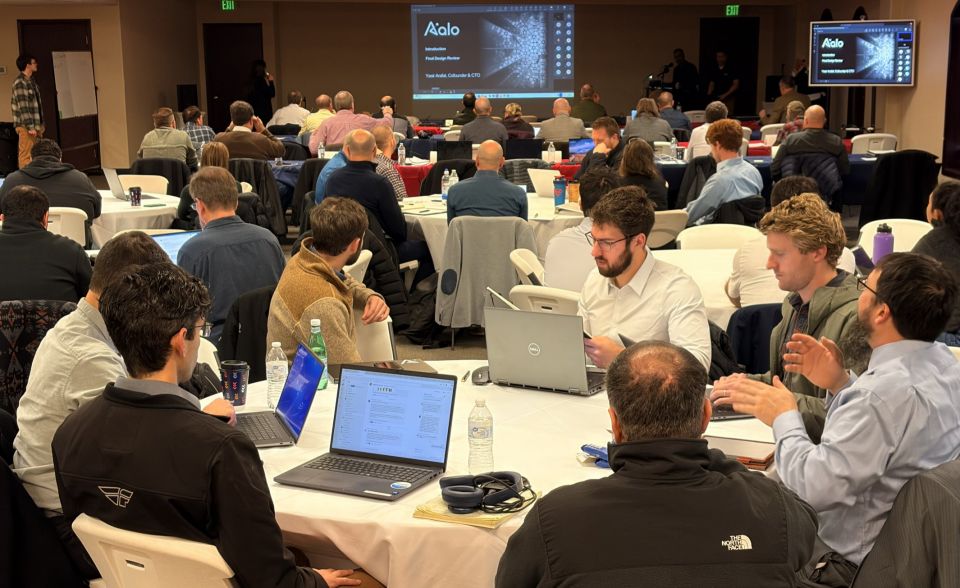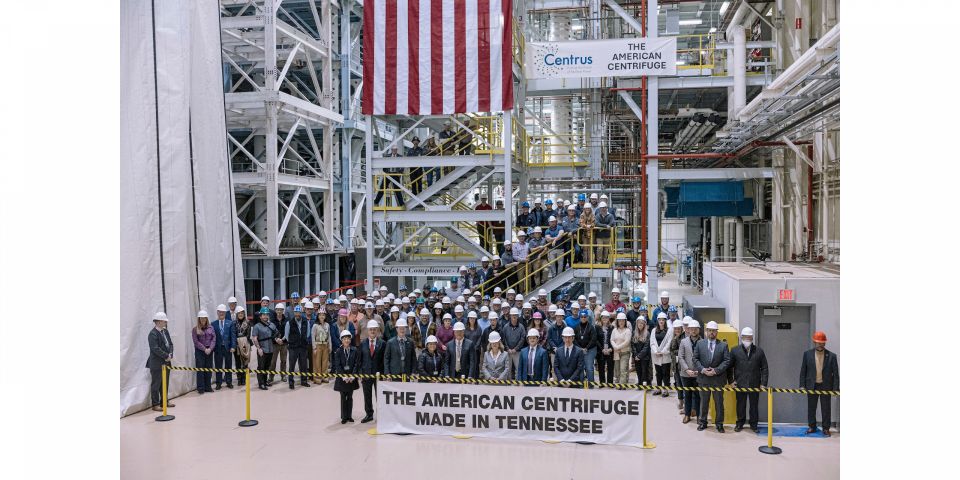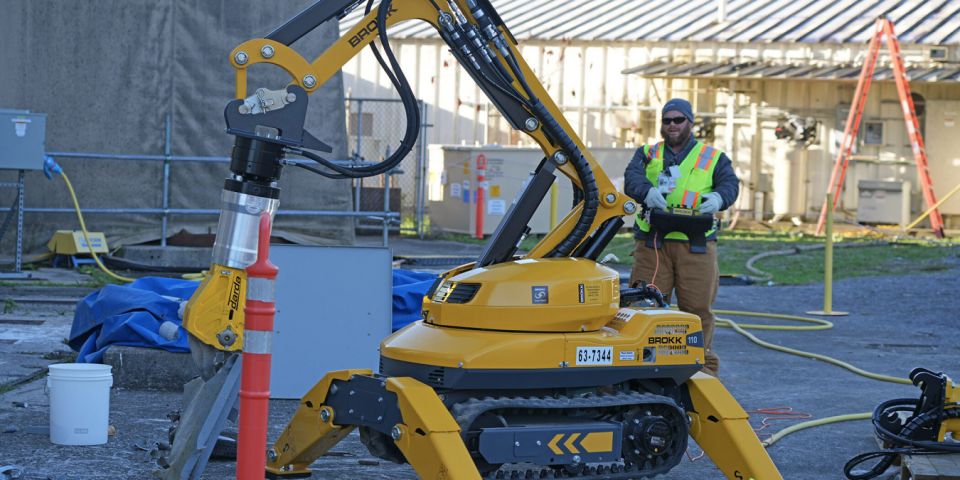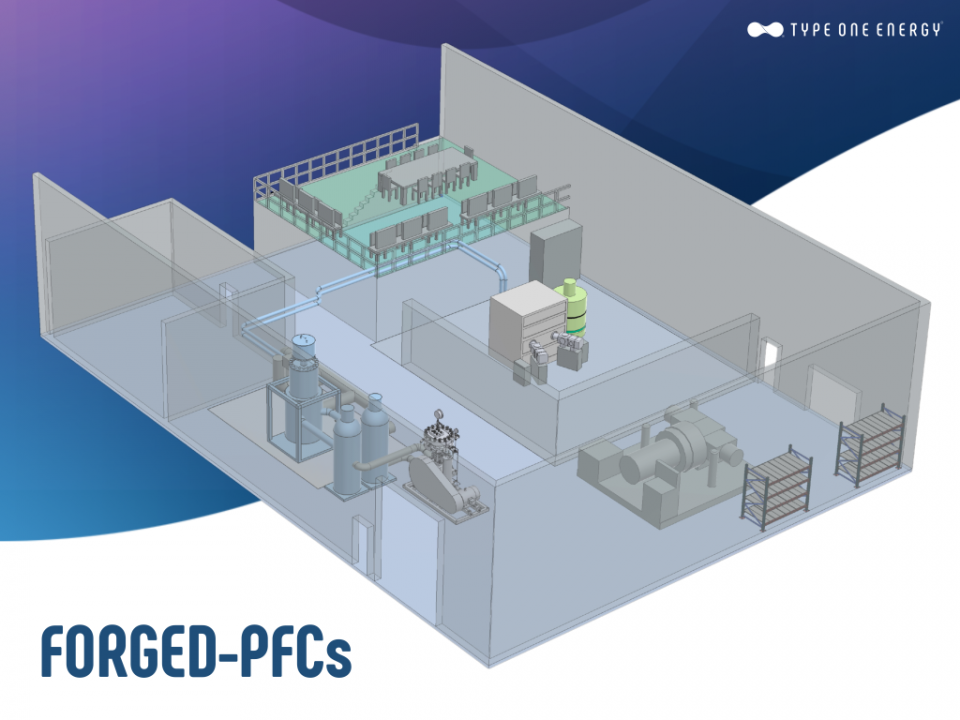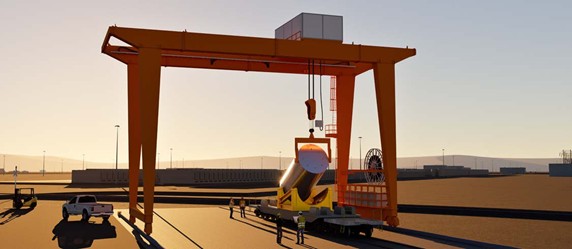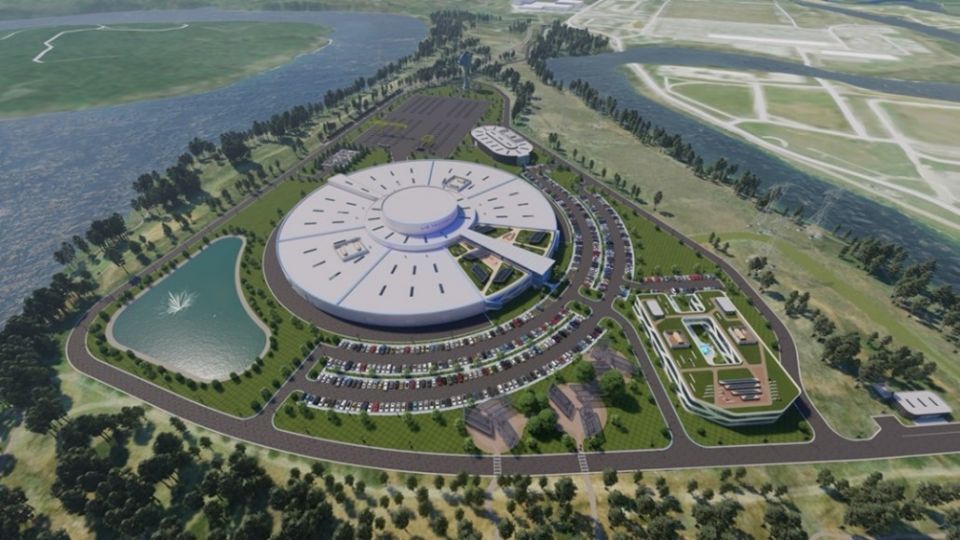Latest GAIN vouchers support data center and advanced reactor development
The Department of Energy’s Office of Nuclear Energy announced on September 24 four new GAIN vouchers. GAIN—the Gateway for Accelerated Innovation in Nuclear—selected four companies to receive vouchers to advance microreactor technologies, identify potential sites capable of hosting a nuclear-powered data center, and prevent corrosion in molten salt reactors.

-3 2x1.jpg)
